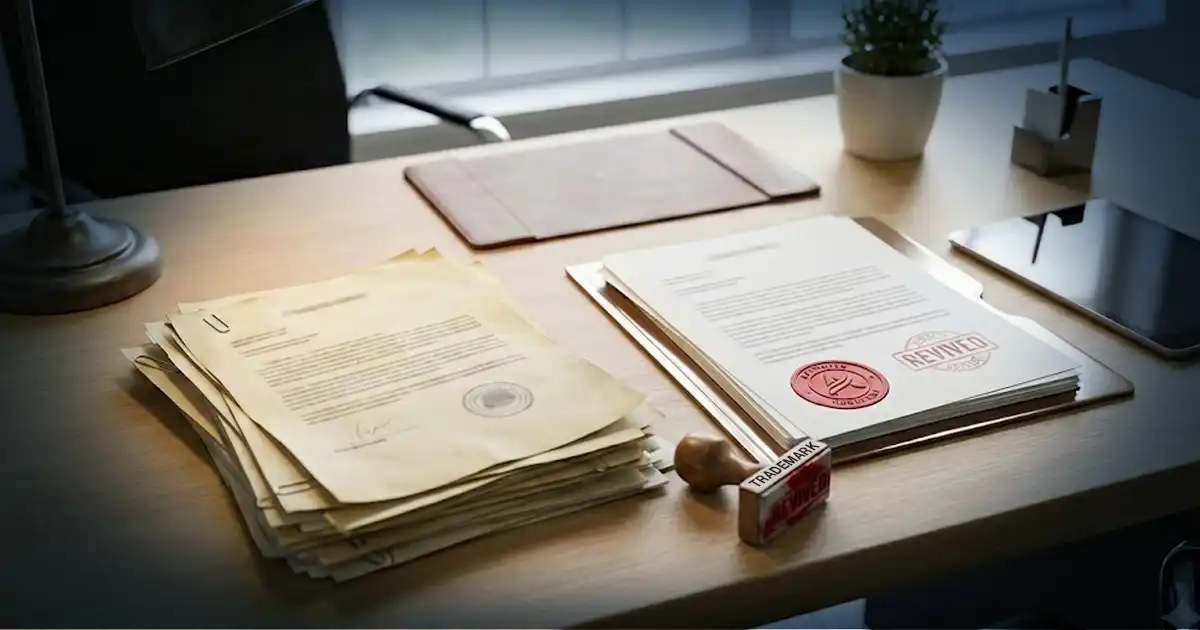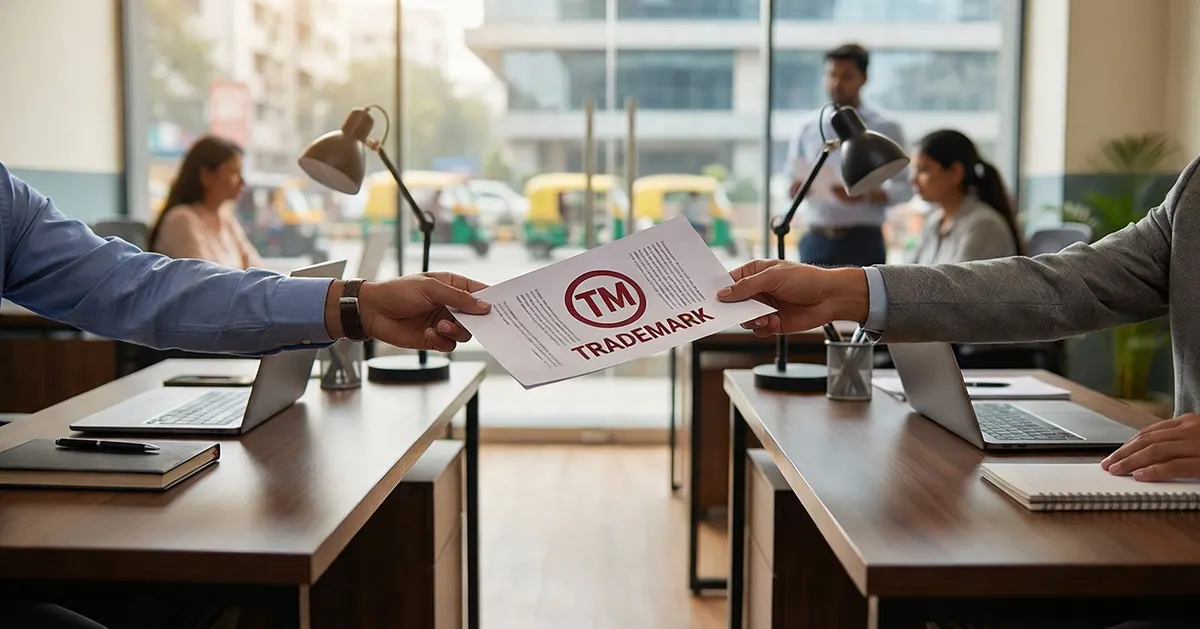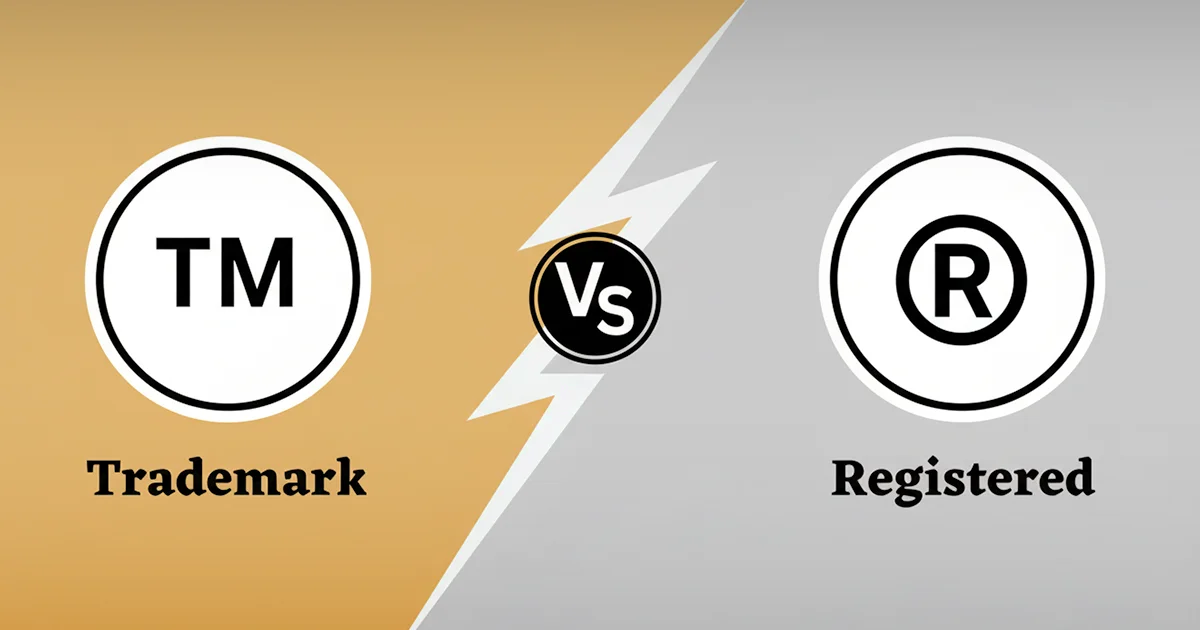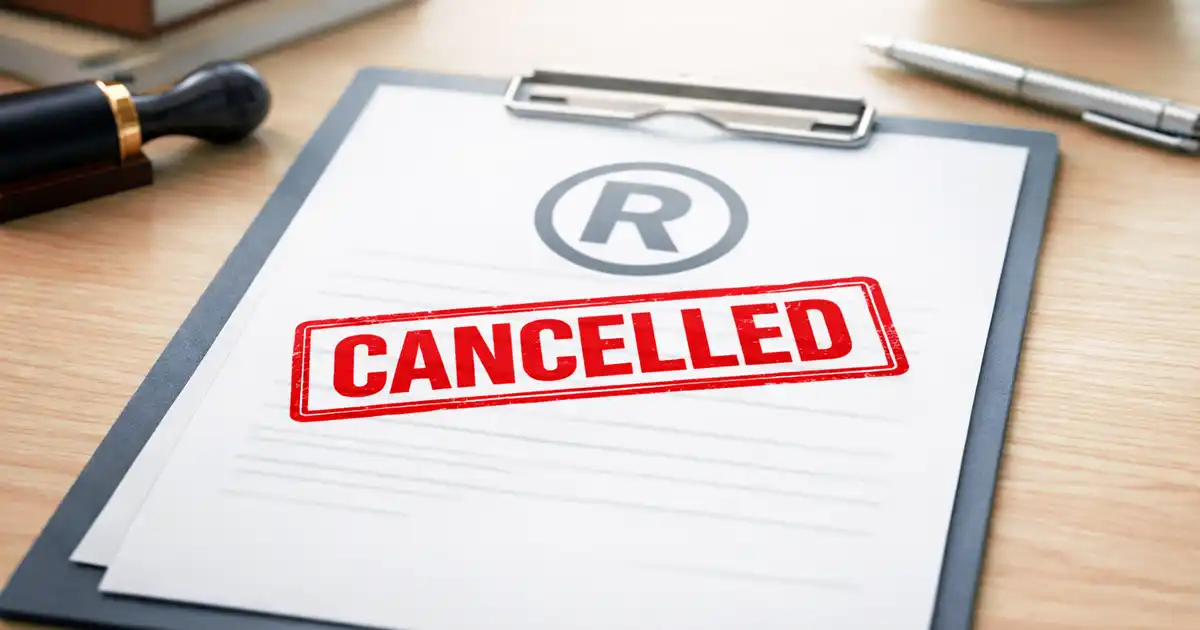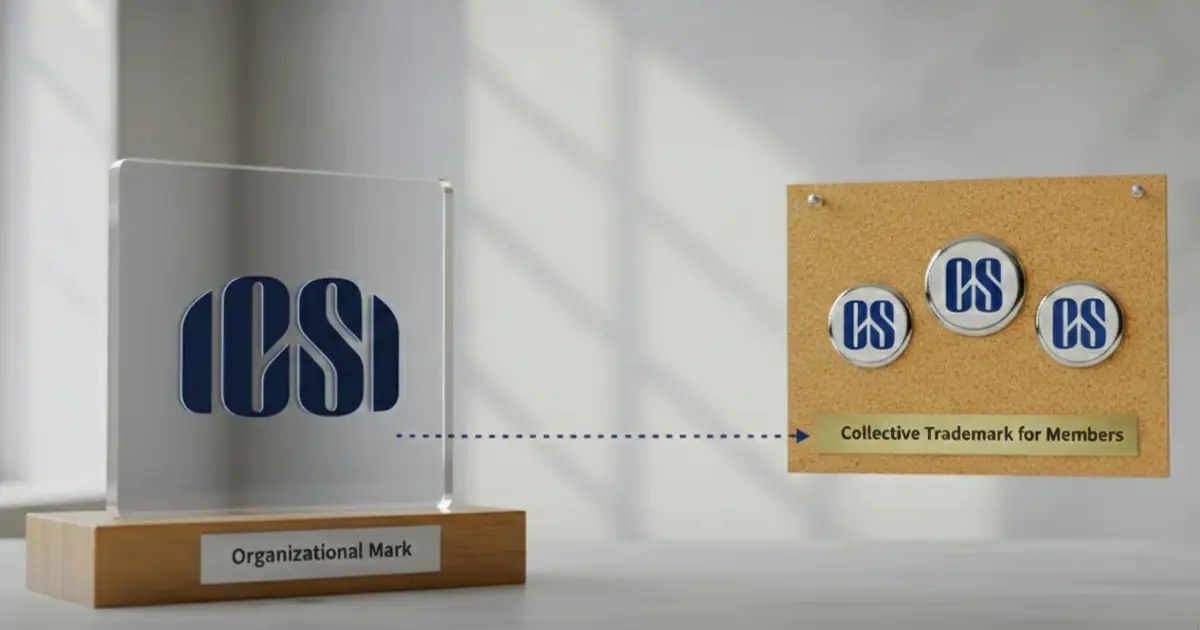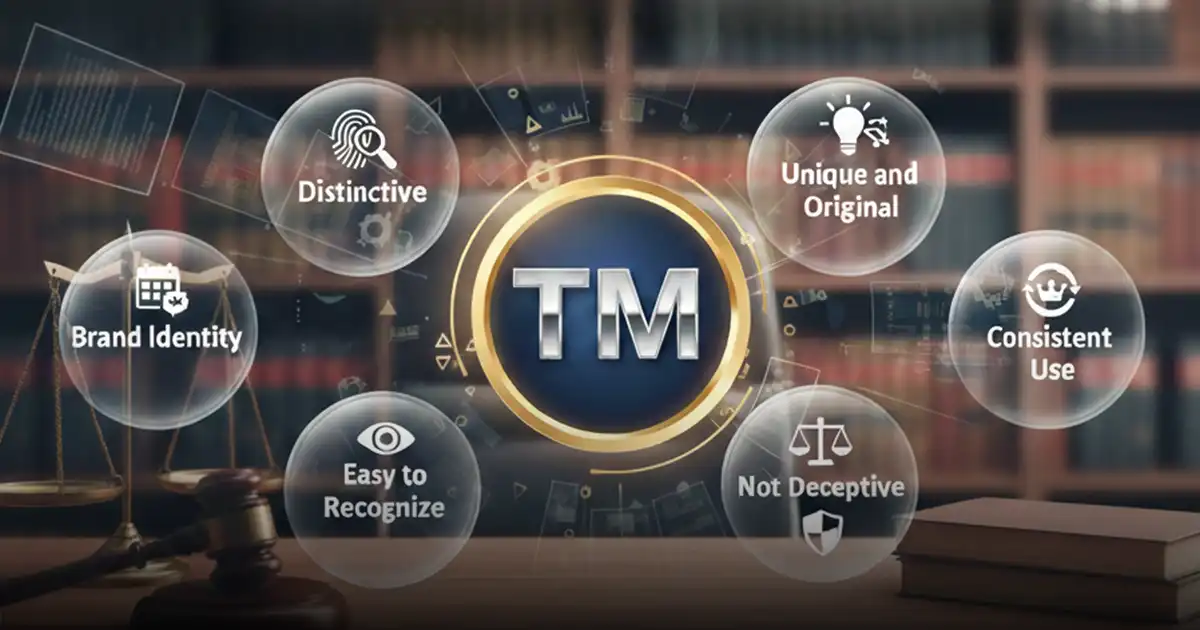In Punjab, trade licenses are generally issued by the local Municipal Corporations or Municipal Councils under the relevant Municipal Acts. These licenses are broadly categorized based on the nature of the business, similar to other states, to ensure compliance with local regulations, safety, and hygiene standards.
Here is a breakdown of the types of trade licenses in Punjab:
1. General Trade (Shop) License
Covers general commercial activities, retail, and service establishments not falling under high-risk categories.
2. Food-Related Trade
For businesses involved in the preparation, storage, distribution, and sale of food products, ensuring hygiene and food safety.
- Food Establishment License / Food Supply License: Required for restaurants, hotels, canteens, cafes, bakeries, food stalls, and other businesses dealing with food and beverages. This license is primarily regulated by the local Municipal Corporation/Council.
- FSSAI License/Registration: Separate from the Municipal Trade License, this is mandatory for all Food Business Operators (FBOs) in Punjab and is issued by the Food Safety and Standards Authority of India (FSSAI) based on the annual turnover and nature of the business (Basic, State, or Central License).
3. Industrial Trade
For manufacturing, processing units, and factories, ensuring compliance with safety, environmental, and pollution control norms.
- Factory License / Industries License: Essential for businesses engaged in the manufacturing, operation, processing, or assembling of products, including factories, manufacturing plants, and large-scale production units. This is often regulated under the Factories Act and local municipal laws.
- Industrial Trade License: A general category for small, medium, or large-scale manufacturing and industrial activities.
- Environmental / Pollution Control Approvals (e.g., from PPCB): Separate No Objection Certificates (NOCs) or consents from the Punjab Pollution Control Board (PPCB) are required for industries that generate pollution or waste.
4. Dangerous / Offensive Trades (D&O Trade License)
Covers high-risk, potentially hazardous, or offensive activities that require strict municipal and public health oversight, as defined in the Municipal Acts.
- Liquor License: Bars, liquor shops, breweries, and establishments serving alcohol require a liquor license under the State Excise Act, which is separate from a general trade license.
- Medical & Pharmaceutical Trade License (Health Trade License): Required for entities offering health services, such as hospitals, clinics, medical supply stores, and pharmacies, ensuring adherence to health regulations.
- Entertainment License: Required for cinema halls, event management companies, and amusement centers, confirming compliance with safety and public entertainment norms.
- Import/Export Trade License: For businesses involved in international trade, obtaining an Import Export Code (IEC) License from the DGFT is mandatory. The IEC license enables legal import and export of goods while ensuring compliance with customs and state trade regulations.


